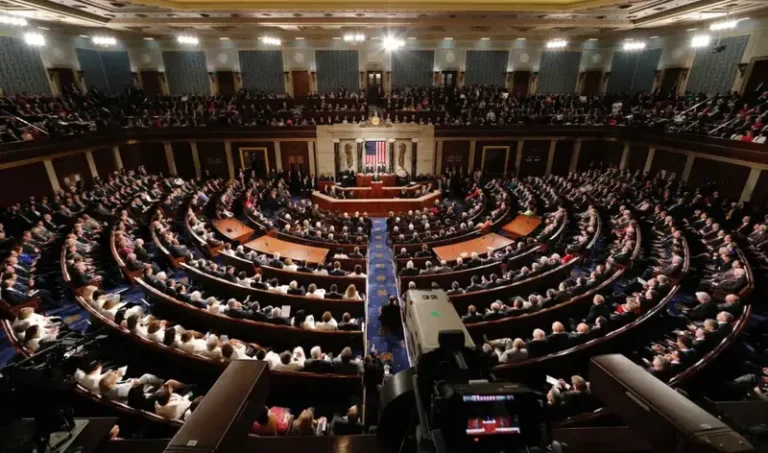The United Nations Children’s Fund (UNICEF), has said that about 4.16 million girls and women are at the risk of Genital mutilation even as two million cases of Female Genital Mutilation would be recorded by 2030 as a result of COVID-19 disruptions globally.
The planning, monitoring and Evaluation specialist, UNICEF Field Office, Enugu, Mrs. Maureen Zubie Okolo, disclosed this at media dialogue in collaboration with the Broadcasting Corporation of Abia State in Umuahia.
Mrs. Okolo said in Nigeria, female genital mutilation occurs mostly during infancy, adding that an estimated 86 percent of females were cut before the age of 5, while 8 percent were cut between ages of 5 and 14.
The UNICEF specialist said FGM had remained widespread in Nigeria with an estimated 19.9 million survivors, adding that Nigeria accounts for the third highest number of women and girls who have undergone FGM.
She stated that while the national prevalence of FGM among women in Nigeria aged 15-49 dropped from 25 percent in 2013 to 20 percent in 2018, prevalence among girls aged 0-14 increased from 16.9 percent to 19.2 percent in the same period.
“Millions of girls are being robbed of their childhood, health, education and aspirations everyday by harmful practices such as FGM and child early and forced marriage.
“The practice of FGM not only has no health benefits, it is deeply harmful to girls and women both physically and psychologically. It is a practice that has no place in our society today and must be ended, as many Nigerian communities have already pledged to do,” she said.
She said UNICEF was initiating a community-led movement to eliminate FGM in five states of Ebonyi, Ekiti, Imo, Osun and Oyo where it is highly prevalent, adding that nearly three million girls and women would have undergone FGM in the states in the last five years.
Mrs. Okolo noted that FGM was recognized internationally as a violation of the human rights of girls and women. “It reflects deep-rooted inequality between the sexes and is an extreme form of discrimination against girls and women,” she added.
The Director General, Broadcasting Corporation of Abia State, Sir Anyaso Anyaso, said FGM comprises all procedures that involve altering or injuring the female genitalia for non-medical reasons.
He expressed regret that girls who undergo FGM face short term complications such as severe pain, shock, excessive bleeding, infections and difficulty in passing urine as well as long term consequences for their sexual and reproductive health and mental health.
Sir Anyaso stated that to promote the elimination of FGM, coordinated and systematic efforts were needed and must engage whole communities and focus on human rights.









65662 331511extremely excellent post, i certainly actually like this excellent website, continue it 1419